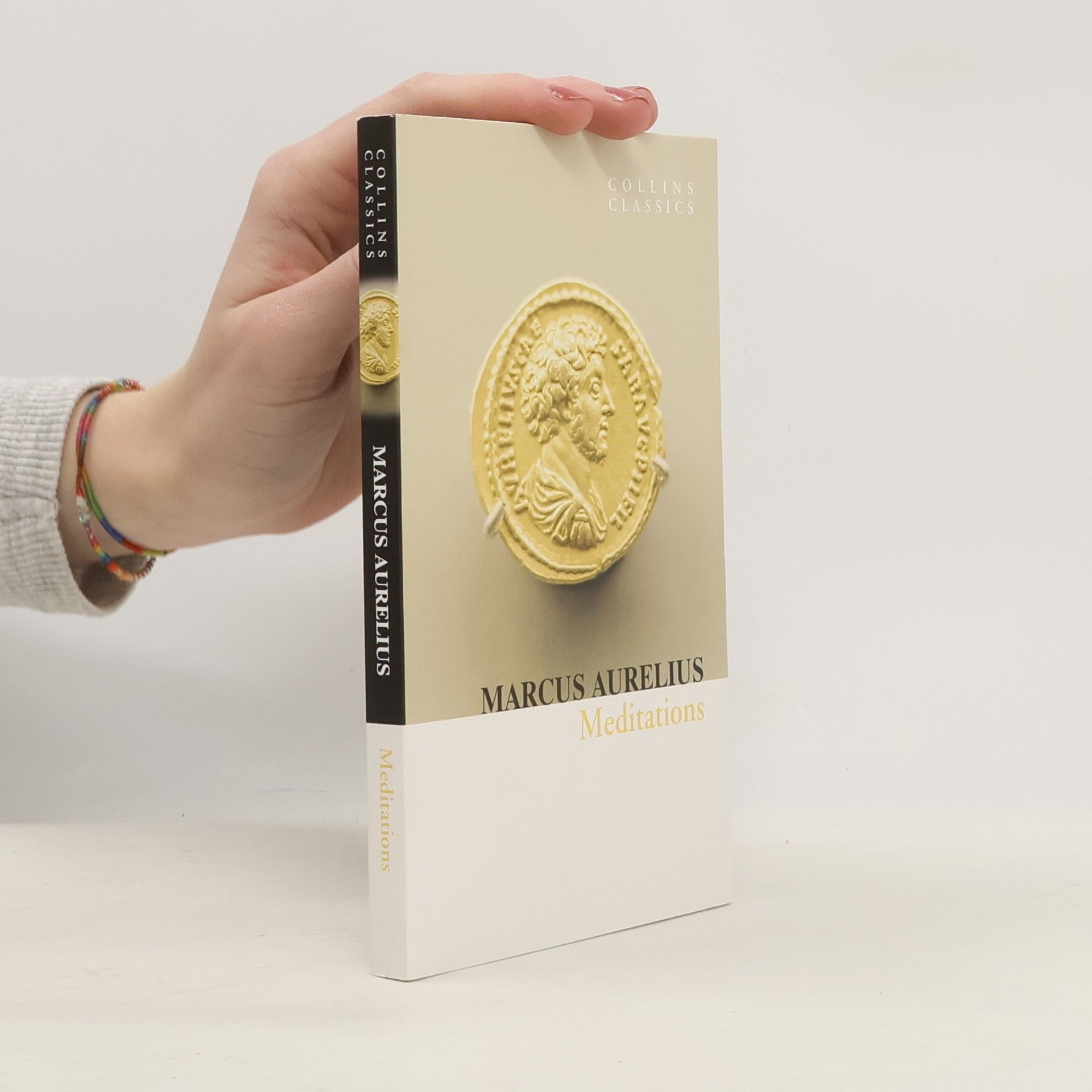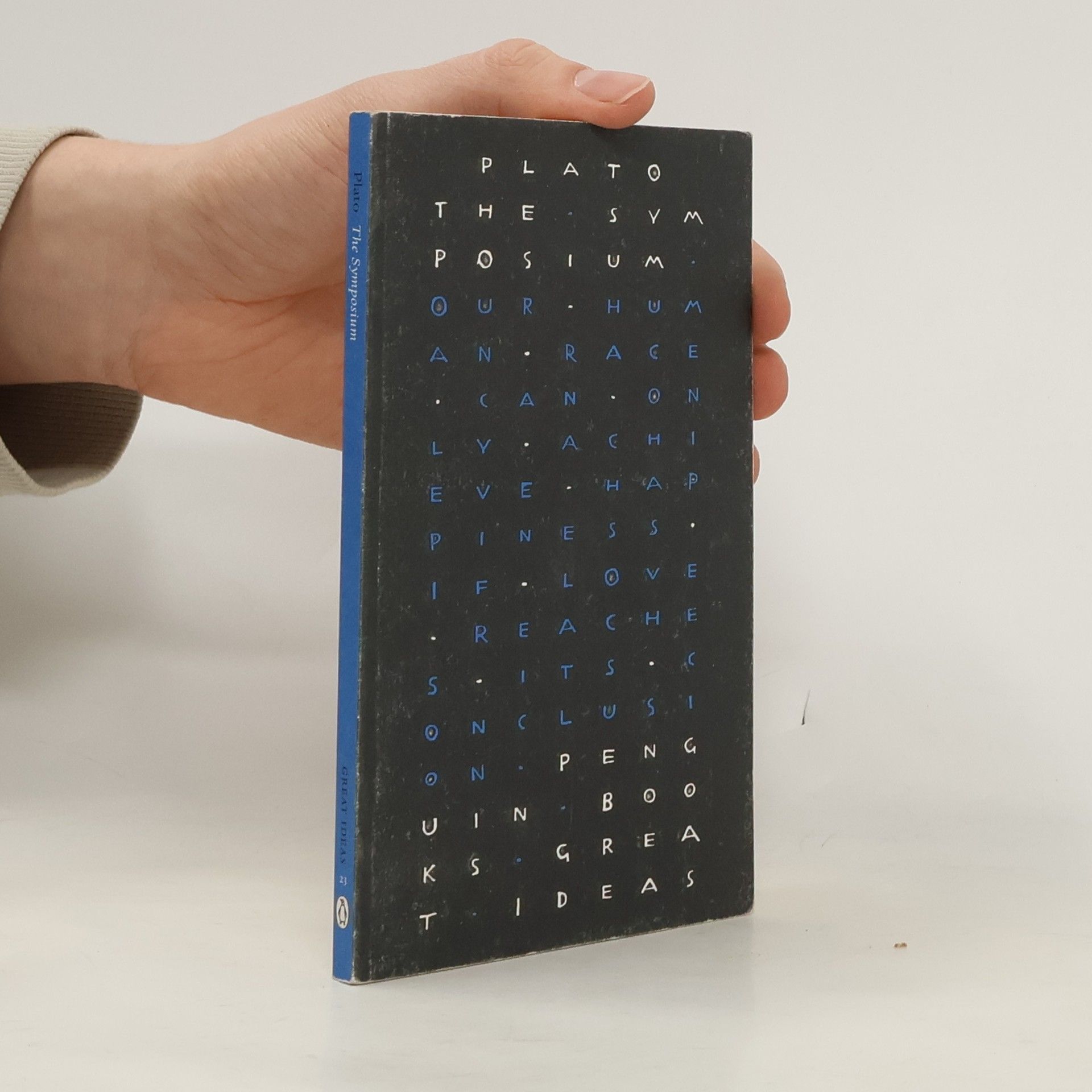White Fang.
- 272bladzijden
- 10 uur lezen
The adventures in the northern wilderness of a dog who is part wolf and who eventually makes his peace with man.
Deze auteur is gespecialiseerd in de antieke Griekse filosofie en biedt lezers diepgaande inzichten in de denkwijze van klassieke denkers. Zijn werk kenmerkt zich door nauwkeurige vertalingen en een scherpe analytische benadering. Via zijn literaire werk brengt hij de klassieke filosofie tot leven en maakt hij de tijdloze ideeën ervan toegankelijk voor een modern publiek. Lezers zullen zijn vermogen waarderen om historische context te verbinden met hedendaagse relevantie.






The adventures in the northern wilderness of a dog who is part wolf and who eventually makes his peace with man.
This easy to read biography offers a fascinating look at the life of Alexander and the world he lived in. A series of illustrated biographies for young readers featuring significant historical figures, including artists, scientists, and world leaders.
Throughout history, some books have changed the world. They have transformed the way we see ourselves - and each other. They have inspired debate, dissent, war and revolution. They have enlightened, outraged, provoked and comforted. They have enriched lives - and destroyed them. Now Penguin brings you the works of the great thinkers, pioneers, radicals and visionaries whose ideas shook civilization and helped make us who we are. Plato's retelling of the discourses between Socrates and his friends on such subjects as love and desire, truth and illusion, spiritual transcendence and the qualities of a good ruler, profoundly affected the ways in which we view human relationships, society and leadership - and shaped the whole tradition of Western philosophy.
In 1960s America, four young boys go on a journey to search for the body of a boy killed by a train. As they travel, they discover how cruel the world can be, but also how wondrous.
Set in turn-of-the-century Beirut, this is the story of a young man who falls in love with a women betrothed to the nephew of a leading churchman. When their secret meetings are discovered, she is confined to the house and their beautiful dreams are crushed by a cruel and repressive society.
HarperCollins is proud to present its incredible range of best-loved, essential classics. Our life is what our thoughts make it The extraordinary writings of Marcus Aurelius (AD 121-180), the only Roman emperor to have also been a stoic philosopher, have for centuries been praised for their wisdom, insight and guidance by leaders and great thinkers alike. Never intended for publication, Meditations are the personal notes born from a man who studied his unique position of power as emperor while trying to uphold inner balance in the chaotic world around him. Boldly challenging many of our biggest questions, Aurelius wrestles with the divided self, considering the complexities of human nature, rationality and moral virtue, affirming its place as one of the most timeless, significant works of philosophy to date.
Paul Sheldon schrijft voor zijn brood. Nu schrijft hij om te leven! Een ex-verpleegster die de auteur van een romantische bestsellerserie redt na een auto-ongeluk, dwingt hem met letterlijk alle middelen tot het schrijven van nog een vervolg - voor hem de enige uitweg uit een gruwelijke gevangenschap.
Zonder het te weten wordt Mitchell McDeere, briljant rechtenstudent van arme ouders, al geruime tijd in de gaten gehouden. Zodra hij afstudeert, biedt het prestigieuze juristenkantoor Bendini, Lambert & Locke hem niet alleen een zeer aantrekkelijke baan aan, maar het overlaadt de net getrouwde Mitchell ook nog eens met een zeer vorstelijk salaris, een schitterende auto, een prachtig huis met een zeer lage hypotheek en talrijke bonussen. Niets laat het kantoor onbeproefd om het de uitverkoren nieuwe medewerker naar de zin te maken. Er moet natuurlijk wel wat tegenover staan: absolute loyaliteit, een negentigurige werkweek en haast onhaalbare resultaten. Na verloop van tijd begint de dodelijk vermoeide Mitchell zich ongemakkelijk te voelen in het strakke keurslijf van zijn werkgever. Wat gaat er schuil achter de respectabele façade van het kantoor en wat speelt zich af op de ontoegankelijke bovenste verdieping? Als Mitchell dan ook nog ontdekt dat geen enkele medewerker ooit de zaak verlaten heeft - tenzij horizontaal -, zien Mitchell en zijn inmiddels wanhopige vrouw Abby maar één manier om hun vrijheid terug te krijgen..
Engaging but rigorously researched narrative history. All you ever needed to know about the Greeks. The Lady
“His best mystery novel”—Time Susan's letter came from California: Hawk was in jail, and she was on the run. Twenty-four hours later Hawk is free, because Spenser has sprung him loose—for a brutal cross-country journey back to the East Coast. Now the two men are on a violent ride to find the woman Spenser loves, the man who took her, and the shocking reason so many people had to die. . . .